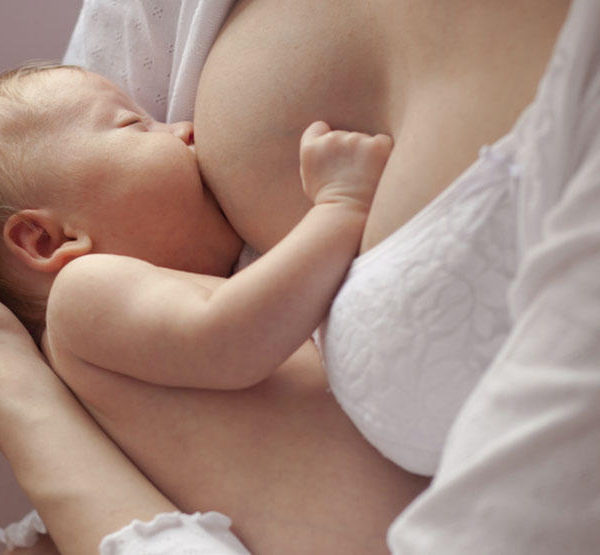It could be that the person is contemplating to become pregnant soon or is already pregnant. She might be taking prenatal vitamins as well as watch her diet. But one particular item, which needs to be checked in the diet, is intake of caffeine. There are plenty of products containing caffeine in them. Coffee is indeed the very first thing that comes to the mind when the term ‘Caffeine’ is mentioned. However, there are also other areas where it is found naturally like in black and green tea, which also includes iced teas, cocoa and chocolate, sodas and colas, energy drinks and in some pain relievers.
Pregnancy and Caffeine
Caffeine is stated to cross to the baby from the bloodstream via the placenta. Studies conducted are known to have linked excess caffeine to cause increased miscarriage risks. Some gynecologists and obstetricians are of the opinion that intake of moderate caffeine, say about 200 mg/day is not likely to cause any risk.
How much is that caffeine that can be consumed by the pregnant woman?
The caffeine amount in the cup of coffee or tea is likely to vary a bit, which depends upon its type, how it has been brewed and roasted. In case, the person consumes two big cups in a day (which is about 12 ounces a cup), then she is probably consuming caffeine by about 280 – 500 mg. An energy drink in little bottle may contain caffeine by about 200 mg. A tea cup may have caffeine around 35 – 45 mg. A Coca Cola can have around 34 mg of caffeine in it. Decaffeinated coffee is likely to have few caffeine milligrams in it per cup. Coffee ice cream and chocolate bars may contain some amount of caffeine in it.
Caffeine and Breastfeeding
When pregnancy is concerned, caffeine when taken in moderate amount can prove to be much safer while breastfeeding. The truth is that around 1% of the caffeine that is consumed is passed onto the breast milk, but after some hours. But, taking coffee about two cups in a day or caffeine that is equivalent can be fine for the breastfeeding woman.
There is a need to know that caffeine affects the body making the person to stay awake. Few babies are noticed to be quite sensitive towards caffeine when compared to the others. In case the baby or the mother faces any sleep issue, then it will be useful to reduce or to simply eliminate caffeine from the diet.
Caffeine / coffee while breastfeeding? Remove caffeine from the diet
In case the person consumes plenty of tea or coffee, then during or before pregnancy it can be sensible to cut back on the caffeine published here. But those who have been addicted to caffeine for a long time are likely to experience some mild withdrawal symptoms like headaches. It can be much easier and effortless to cut down on caffeine intake gradually over a week or so. For the initial 3-4 days, caffeine free or decaffeinated coffee is to be consumed and then gradually slowed down to a comfortable level, before it is finally stopped.


Leave a Comment
You must be logged in to post a comment.